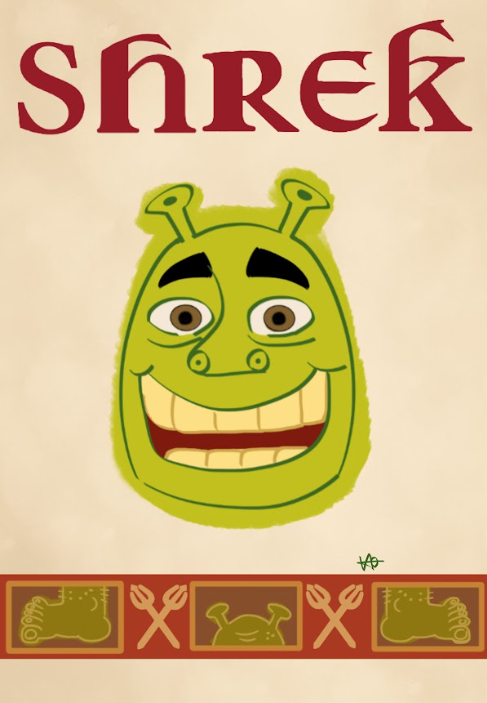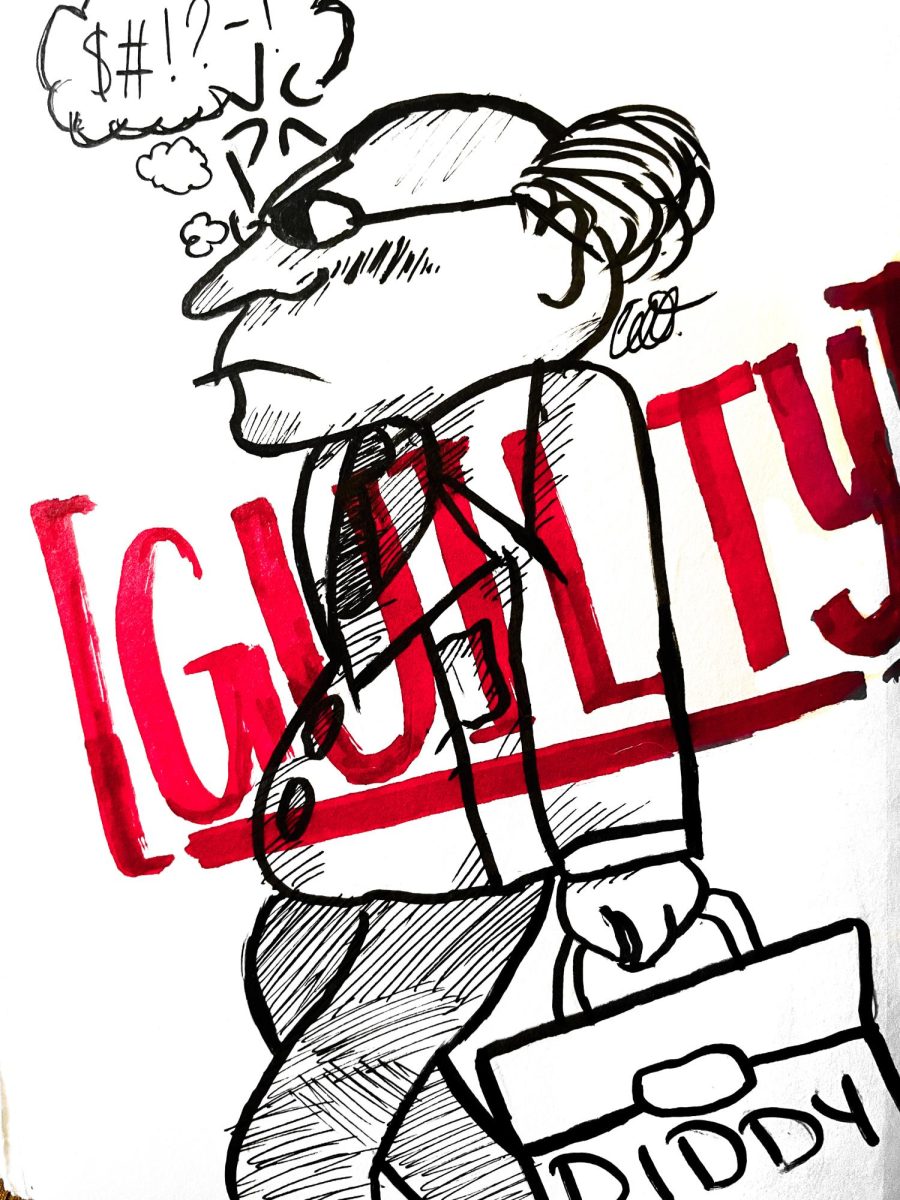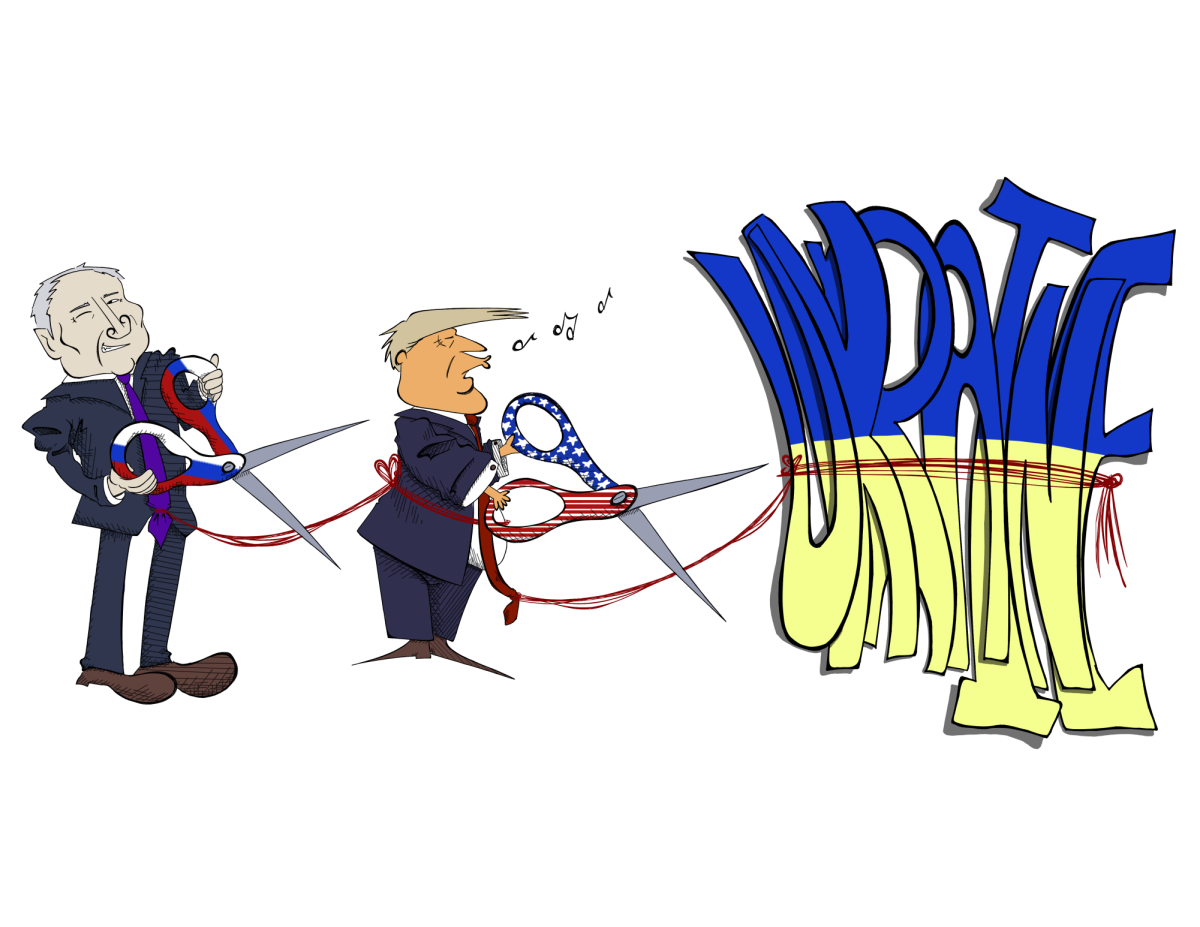Most of the time — as in the case of working, sleeping, or waiting in line—one’s freedom is limited by necessity. The exception to this is leisure time, the time during which you are free to act according to your will, that is, to do whatever you want. And that comes with a great deal of responsibility.
Unfortunately, television has become the cornerstone of leisure activity in our society. According to the US Bureau of Labor Statistics, the average American spent more than half of his or her leisure time watching television. For the college-aged group, ages 20 to 24 years old, the next most common activity was the combined category of ‘video games and Internet browsing,’ which occupied three-fourths of an hour on the average weekday. These two categories, video games-plus- Internet browsing and television, occupy well over half of the five hours of leisure time that mythical average 20 to 24 years old had on weekdays.
Electronic media dominates the average person’s leisure time to such an extent that some really great pastimes are being neglected: newspaper reading for instance, and perhaps the most tragically under-utilized leisure activity is the tabletop role playing game, in my opinion. More people should be playing Dungeons and Dragons.
For the uninitiated, tabletop role-playing games (RPGs) are simulated adventures wherein players take on the roles of villains, heroes or morally neutral “Uber-mensches.” These games can be played with or without an actual table, in most cases you can even find a forum where you can play online. Think of it like being five years old and playing with your imagination, but having clear rules and well established tropes and settings.
The players narrate their reactions to situations generated by the ‘Game Master’ that controls everything in the game except for the player characters. These games use dice to introduce an element of chance into the narrative, most recognizably the 20-sided die used by Dungeons and Dragons, and many, many others to determine the success or failure of in game actions.
And it’s not just Dungeons and Dragons; there is an abundance of great science fiction, fantasy and comic book-themed tabletop, role-playing games. Moreover, in this great Internet era of ours, many game makers publish free starter-rule sets online, and free dice simulators are accessible in both mobile app and browser form.
You don’t have to pay to use your imagination.
Watching TV, on the other hand, is a static activity in which participants are passive and have little to no say in their experience. This creates a dangerous possibility for TV to—without the consent, and often without the knowledge of the viewer—modify a viewer’s world view and belief system by presenting realistic but ultimately fictional experiences and by limiting and modifying perspectives and frameworks for those experiences. For more on this, see Noam Chomsky’s “The Manufacturing of Consent,”an analysis of the subtle ways in which American media institutions shape and reinforce ideology.
Tabletop, role-playing games also come with a built in ideology, but players, not producers are in control of the outcome; these games are active experiences built on collaborative storytelling. The participants are responsible for everything involved, ideas evolve naturally through interaction as players choose the themes and conflicts to suit their tastes. Tabletop role–playing games present an obviously fictional but surprisingly real experience in which the only limits are those set by yourself.
If what you do determines who you are, then role-playing games are among the best choices for leisure activity and TV is among the worst. Infinite possibilities and freedom of tabletop RPGs from external limits offer complete players autonomy and imaginary freedom.
Now, will you actually become a wizard or a space pirate? No, that’s impossible. But surely a player character acting as your avatar in a world that exists for you and only you is superior to characters and settings crafted to appeal to the broadest audience possible and interrupted every few minutes by someone trying to sell you something you don’t want.








